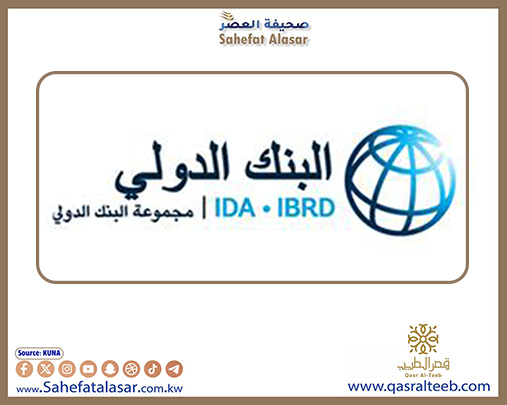


The annual Spring Meetings of the World Bank Group and International Monetary Fund (IMF) commenced Monday evening under strained global economic conditions, following the Trump administration's recent imposition of tariffs on most trading partners – though the White House subsequently suspended most duties for 90 days.
Key Participants:
Government officials, civil society, and business leaders from 189 nations
Kuwait represented by Finance Ministry Undersecretary Asel Al-Munaifi
Day One Highlights:
Critical Discussions:
Expanding energy access in Africa
Rising debt vulnerabilities
Financial stability risks for corporations in high-interest environments
IMF's Global Financial Stability Report warned:
Elevated geopolitical risks threaten macroeconomic stability
Potential impacts include:
Capital flow volatility
Supply chain disruptions
Negative demand shocks
Policy Recommendations:
Financial institutions should enhance risk assessment frameworks
Emerging markets must:
Deepen financial markets
Maintain fiscal buffers
Bolster foreign reserves
Today's Anticipated Events:
IMF report assessing Trump tariff impacts (previously deemed "a clear risk to global growth")
World Bank President Ajay Banga's agenda:
Creating jobs for 1.2 billion youth entering developing-world labor markets
Addressing business caution from global uncertainty
Recognizing developing economies' expanded trade role
Meeting Structure:
Development Committee & International Monetary and Financial Committee sessions
Focus areas:
Financial stability
Poverty reduction (including food economics)
Gender equality acceleration
Sustainable development mechanisms
Institutional Context:
Meetings rotate between Washington (2 of 3 years) and other member countries
2024 agenda reflects urgent challenges in:
Growth stabilization
Multilateral cooperation
Climate-resilient development
